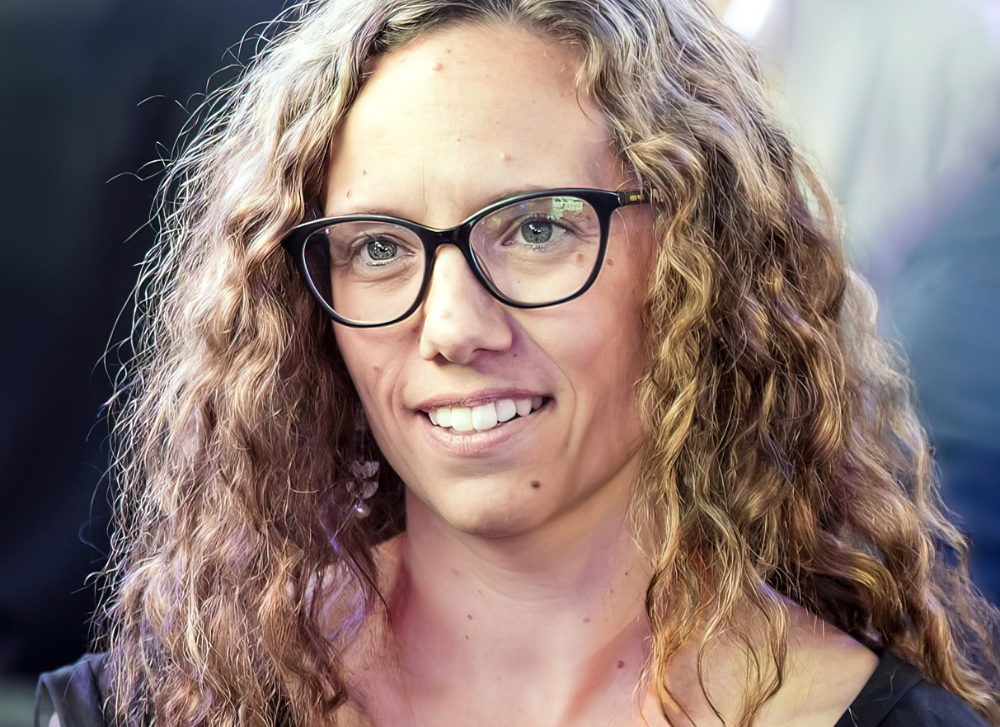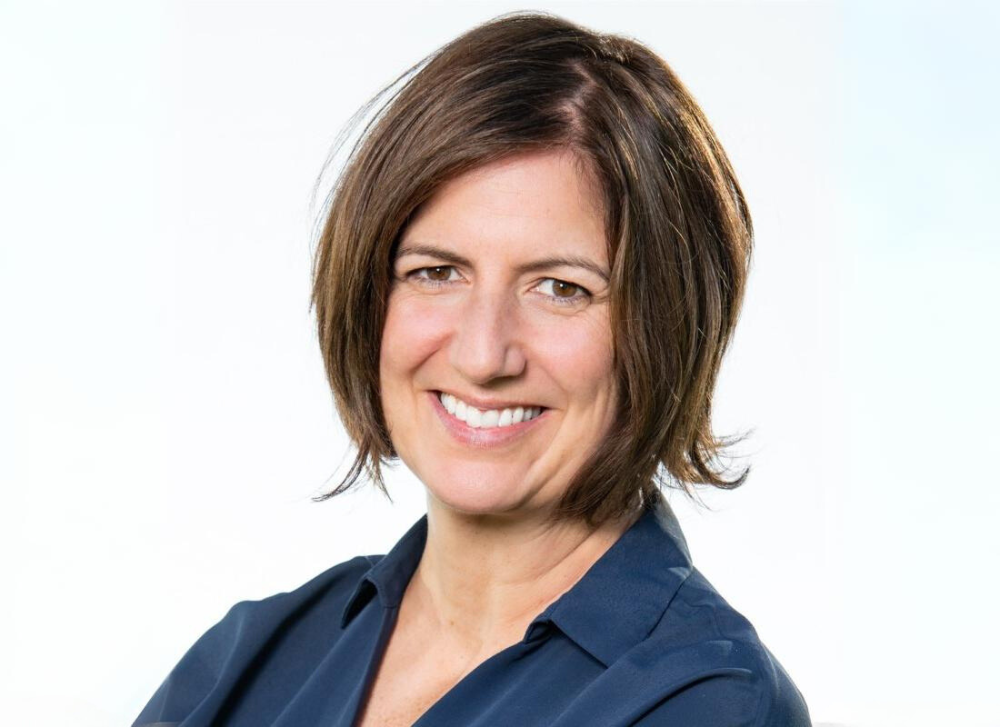The woman who fuels organic
It is not because our parents and grandparents dug their roots into the subsoil of Montreal East that we are forced to dream of oil refining or chemical factories. Oh, no! Ask Carole-Anne Lapierre. As a teenager with a passion for horse riding, she could spend all her free time at the stable, making hay, getting up at night to accompany the veterinarian for ultrasounds, inseminations, euthanasias. She wanted to become a farmer. Then the furrows of life overlapped.
Now employed by Équiterre , the agriculture and food systems analyst recalls his career. At the dawn of her twenties, also titillated by politics and cooperation, Carole-Anne began a bachelor's degree in law and international relations at UQAM. In 2008, during her studies, an introductory course with Québec sans frontières catapulted her to Bolivia where she discovered a Quechua village from the ancient Inca Empire. She is leading a project to allow campesinos who practice simple survival agriculture to add a notion of marketing their production. It is also there that she meets an old Bolivian agronomist. It will give him the taste of investing in this field at McGill University.
Increasingly interested in the world of plants, Carole-Anne worked on organic market gardens. She wanted, among other things, to better understand soil health, loam as the essence of our agriculture. She even wanted to become an unrelated farmer on an organic farm. But we know that there are many obstacles in the way of those who volunteer to take over. And even more so for a single mother of two very young girls. The piece was then too big.
A member of the Order of Agronomists since 2012, Carole-Anne then turned to urban agriculture. And it wasn't out of spite. As proof, he is credited with having founded theUrban Agriculture Society of Longueuil . She was the first executive director of this non-profit organization whose mission is, among other things, to put healthy eating back at the heart of people's lives and to transmit agricultural knowledge in school and community settings.
And since she was never afraid to embrace things broadly, Carole-Anne did not hesitate to follow in her grandfather's footsteps. In 2021, she ran for municipal councilor. Not in Montreal East, like his ancestor, but in Longueuil. She lived right in front of Michel-Chartrand Park, the source of the endless controversy over the deer whose fate had to be determined. A convinced environmentalist, but aware of the damage caused by them, she had made her choice. And it was not the threats against the mayor at the time that would have prevented her from taking the plunge.
Either she was not elected, but that did not affect her involvement in the municipal sphere. In 2022, the 37-year-old young woman sits on the Longueuil environmental advisory committee. With her colleagues, she analyzes and makes recommendations for plans to conserve natural environments and reduce GHGs.
For two years now, Carole-Anne Lapierre has invested her talents and knowledge for the benefit of Équiterre, which moves heaven and earth to influence all political decision-makers and raise public awareness of the environmental emergency.
“Since last spring, I have put a lot of energy into forming the SaluTerre Alliance , a coalition of organizations from the agricultural, environmental and planning sectors to increase the protection of land and agricultural activities. We feel that Minister Lamontagne is committed and that he believes in it. But in high places, it is not seen as a priority. We want to change that. We must prevent the loss of land, protect the areas and ensure that the next generation can establish themselves. »
As part of the government relations team, Carole-Anne deals with both the provincial and federal levels. She analyzes public policies, does influence work, works on briefs, develops pre-budget recommendations and organizes media relations. In public opinion, it seems that the subject of agricultural land does not leave one indifferent. According to a Léger survey, 74% of respondents believe that the protection of agricultural land is an urgent issue. No less than 71% would like promoters who speculate to be penalized and 87% would agree that financial support measures be offered for succession.
The environmentalist who campaigns for an ecological and fairer society is finalizing a brief which will be used to participate in the national consultation on the territory and agricultural activities that the MAPAQ launched last June.
Carole-Anne admits that every year, at the start of the season, the call of the earth resurfaces. Who knows if one day we won't find her behind the wheel of rural vehicles that she sometimes gets bored of. She will still be young enough to realize her teenage dream.






